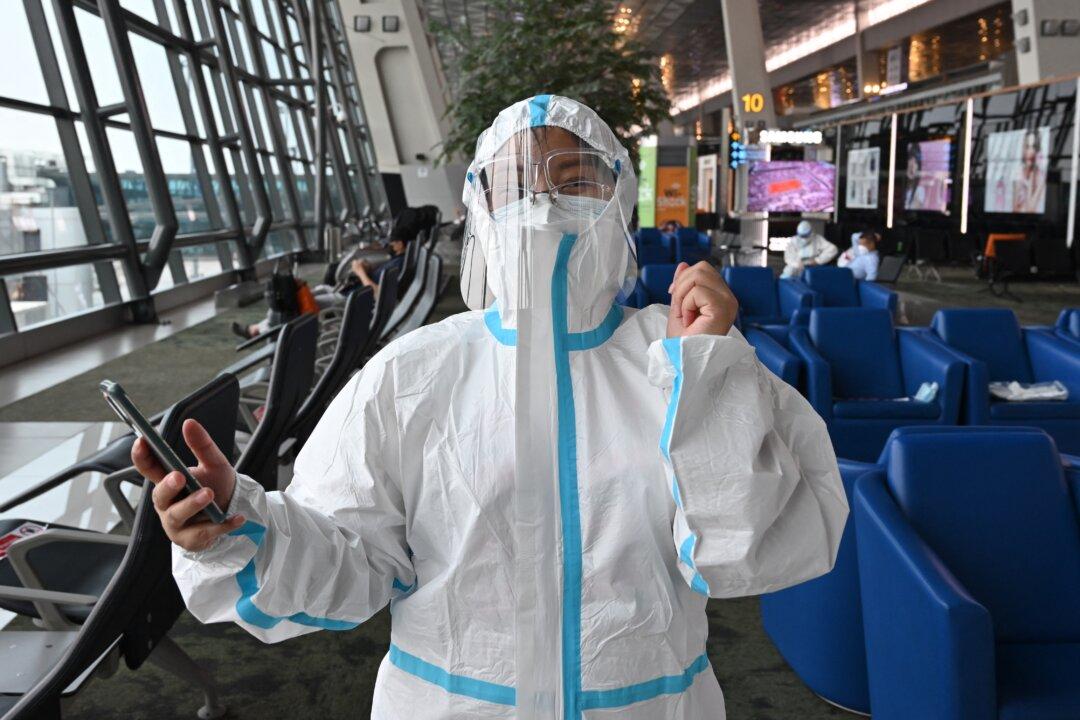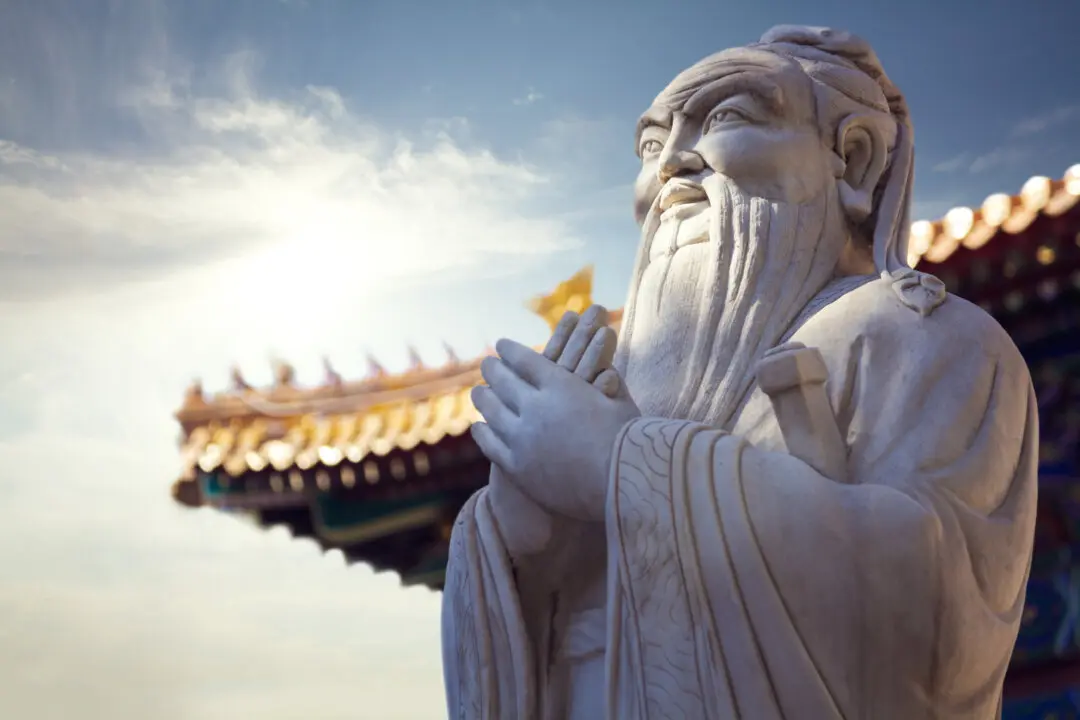Chinese citizens working or studying abroad find it hard to return to China under the Chinese Communist Party (CCP) border control measures. An employee of a Chinese state-owned company claimed that he had to pay the Chinese embassy in Egypt to guarantee his journey, on top of high airfares, quarantine expenses, testing fees, and various other costs.
The CCP imposed strict inbound restrictions at its borders in March 2020 that included allowing each Chinese airline to maintain one flight on one route per week from a specific departure country. Passengers are required to stay at closed-loop quarantine hotels in the departure country before leaving, and on arrival in China, have their nucleic acid testing done at testing centers designated or recognized by the regime’s embassy, and then apply for a green health code with a negative test result to check in and board a plane.





